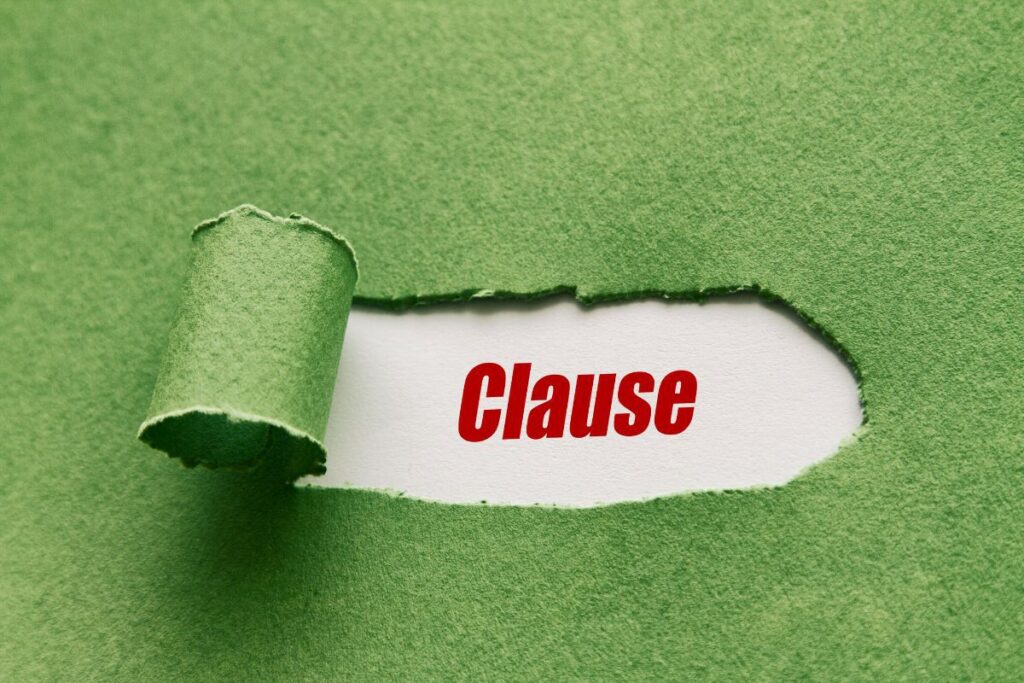If you anticipate that a disgruntled heir is going to challenge your Last Will and Testament (“Will”) after you die, can you include a “no contest” clause in your Florida Will?
First, let’s be clear. Except for spouses, you have every right to devise your property to your heirs as you see fit.
Indeed, there may be very good reasons to leave one heir more than another or to leave someone an asset more valuable than another.
Quite often, our estate attorneys see a disparity in bequests when a beneficiary has an addiction problem or has several creditors. Other times, a loved one may need more help than other beneficiaries.
But whatever the reason, not all of your beneficiaries may be thrilled with the property you leave to them— or the amount of property. Some may feel cheated. Others may think you were unduly influenced to make your Will in the other beneficiary’s favor. And, whether right or wrong, they may contest the Will.
In Terrorem Clauses
“In terrorem” or “no contest” clauses in a Will are designed to discourage disgruntled or disappointed heirs from contesting (or challenging) the terms of a Will. These clauses stipulate that if a beneficiary contests the Will, he or she will receive nothing. In other words, they state that the beneficiary will get his or her device only if he/she does not contest the Will.
Why?
Because Will contests are stressful and expensive. They can cost upwards of $10,000 and even as much as $50,000.
Beyond the cost, the fact that Will contests are legal disputes between relatives —often close family members—makes them even more stressful. And their effects can be long-lasting. A Will contest can result in many hurt feelings that leave family members estranged for years.
Florida Will Contest Basics
The good news—if you can call it good news—is that the law does provide certain restrictions on Will contests which make bringing one not so easy to do.
First, you cannot contest a Will if the testator (i.e., the person making the Will) is not dead.
So, if your father/mother/grandparent/brother/aunt/uncle tells you that they have cut you out of their Will unless that person is dead, you cannot contest the Will.
Next, not just anyone may contest a Will. To be able to contest a Will in Florida, you must be an “interested person.”
While the legal definition of an “interested person” is quite broad. Generally, his heirs and beneficiaries are most likely to contest a decedent’s Will.
Nevertheless, because in Florida “anyone who may be reasonably expected to be affected by the outcome of the proceeding” is considered an interested person, this opens up the possibilities of who may contest a Will.
The next restriction placed on Will contests is that you must have valid grounds for contesting a Will. The most common legal grounds for contesting a Will are:
- Improper execution of the Will
- Lack of testamentary capacity
- Undue influence,
- Duress or
- Fraud
Finally, you must bring your Will contest within a specific timeframe. In Florida, you only have 90 days after receipt of the Notice of Administration to file a Will contest. (Didn’t receive a Notice of Administration? Consult an estate planning attorney near you to find out what available avenues.)
Can You Include a No Contest Clause in Your Florida Will?
As mentioned above, an in terrorem clause (aka a “no contest clause”) in a Will makes a gift conditional upon the beneficiary not contesting the Will. If he does, he will get nothing under the terms of the Will.
The clause won’t prevent someone from contesting the Will. The hope is that the penalty for contesting the Will (i.e., losing the inheritance) will deter a beneficiary from contesting the Will. So, for it to work, the gift has to be significant enough so that the beneficiary won’t want to risk losing it by contesting the Will.
Each state has its own laws governing whether or not no-contest clauses are enforceable. In many states, they are.
In some states, no-contest clauses are enforceable only in certain situations. For example, if a beneficiary has probable cause to contest the Will and wins at trial, the clause would probably be deemed invalid.
But what about Florida?
Only two states—Florida and Indiana—refuse to enforce a no-contest clause in Wills or trusts.
If you have a Will drafted in a state that allows no-contest clauses, it won’t be enforceable in Florida. This is why it is always necessary to work with a Florida estate attorney to draft or review your estate planning documents.
In sum, the answer to our question is no. You cannot include a no-contest clause in your Florida Will if you are afraid of a Will contest because in-terror clauses are not enforceable in Florida.
But there may be other things you can do to prevent frivolous litigation. Speak to an experienced estate planning lawyer to determine what other tools exist to minimize estate litigation.
Estate Attorneys in Broward County
If you have probate or estate planning needs, protecting your family is just one phone call away. At the SJF Law Group, our estate attorneys work with clients in Fort Lauderdale, Miami, Boca Raton, and West Palm Beach to create estate plans as individualized as you are. We expertly guide individuals through the complex probate process and capably handle all aspects of the creation, administration, and settlement of trusts as well. Contact our Florida law office today to book a consultation. We take pride in responding to all inquiries on time.


